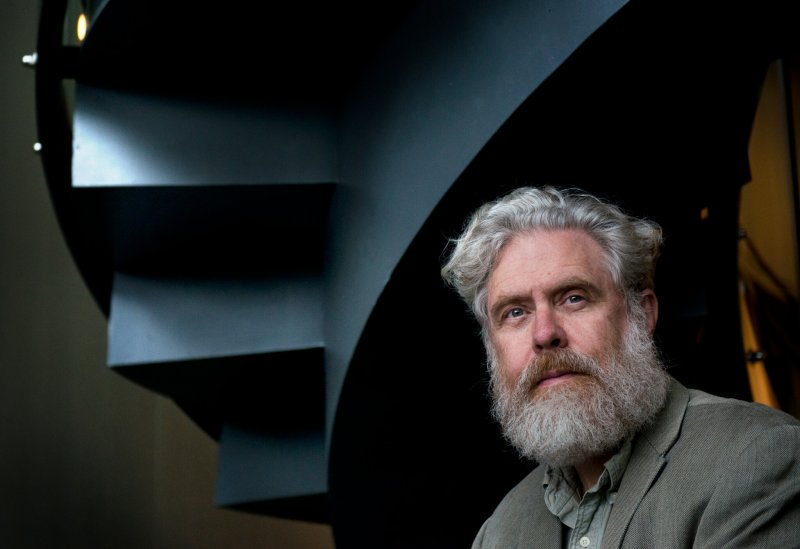Is it ethical to genetically engineer people? Leading geneticist George Church spends a lot of time thinking about the answer. A professor at Harvard Medical School, Church helped pioneer human genome sequencing and DNA editing.
…
One of the ethical aspects Church considers is genetic equality. He does not want to see a world in which big advances in genetic engineering are available only to those who can afford it. He considers equality both when manipulating genes for therapy—like correcting genetic defects to cure genetic diseases—and for enhancement—augmenting genes beyond what is normal.
With genetic enhancement, technology could ultimately lead to so-called “designer babies,” infants that are born not only immune to viruses, but also smarter, faster, and stronger than their predecessors.
Church thinks genetic enhancement may be acceptable, so long as it is open to everyone.
…
Not everyone agrees. A 2017 survey at the University of Wisconsin-Madison asked 1,600 members of the general public about their attitudes toward gene editing. The results showed 65 percent of respondents think gene editing is acceptable for therapeutic purposes. But when it comes to whether scientists should use technology for genetic enhancement, only 26 percent agreed.
Read full, original post: The complicated ethics of genetic engineering































